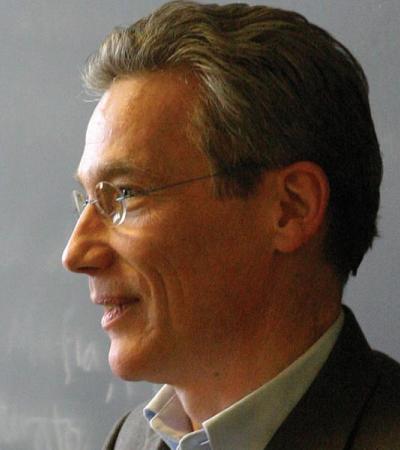Democratization Theory Research Cluster Workshop
Workshop organizer: Faculty Fellows Michael Coppedge (political science), Gary Goertz (political science), Aníbal Pérez-Liñan (political science), Dianne M. Pinderhughes (Africana studies and political science), and Samuel Valenzuela (sociology).
The Democratization Theory research cluster continues the Kellogg Institute's long tradition as a center for innovative thinking in democratization theory. For decades, the concepts and measures used in democratization research have fallen short of being able to adequately capture the diversity, complexity, and dynamism of political regimes. As both older and newer democracies experience democratic retrogression rather than advancement, fresh thinking is needed.
The researchers plan to fundamentally rethink concepts relating to regimes and regime change in order to develop theories of long-term historical progression toward democracy, and regression from it, that pay more attention to neglected dimensions. Some efforts will build on the Varieties of Democracy (V-Dem) conceptual scheme and data; others will be complementary or completely separate. The cluster expects to give less emphasis to suffrage extension and the fact of elections and more attention to the role of the judiciary and constitutions, legislative strength, election administration, and human rights, among many possibilities.
The democratization theory cluster will:
Examine both historical and contemporary processes of democratization;
Look at the impact of past historical trajectories on current situations;
Focus on experiences of democratic retrogression as well as progression;
Focus attention on neglected aspects of democracy;
Examine and contrast specific issues by in-depth examinations of specific cases.
Expected products: More than 30 innovative papers; case studies; journal articles; one or more edited volumes
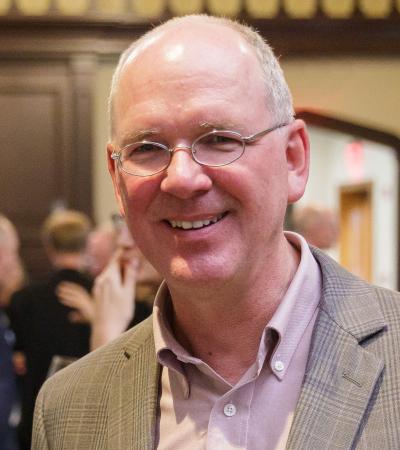
Michael Coppedge
Michael Coppedge is professor of political science at the University of Notre Dame, where he is a faculty fellow of the Kellogg Institute for International Studies. His research interests include democratization and the quality of democracy; Latin American parties and party systems; Venezuelan politics; and comparative politics methodology. He has been a Kellogg Institute faculty fellow since 1995...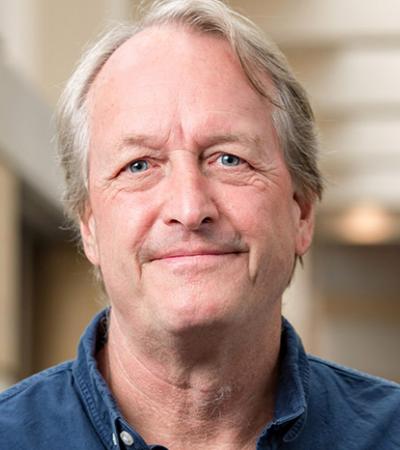
Gary Goertz
Gary Goertz is a professor of political science and peace studies at the Kroc Institute for International Peace Studies at the University of Notre Dame, where he is also a Kellogg Institute for International Studies faculty fellow. He has published 10 books and more than 50 articles and chapters on international conflict, conflict management, and peace, international and regional institutions, and methodology...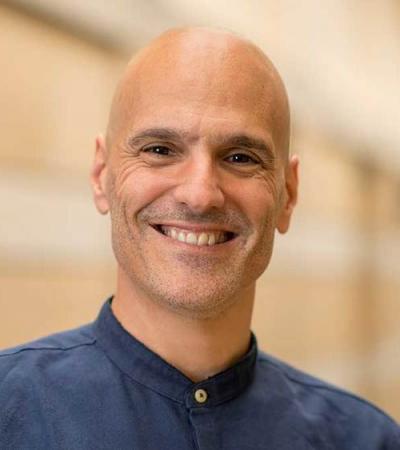
Aníbal Pérez-Liñán
Aníbal Pérez-Liñán is the director of the Kellogg Institute for International Studies and professor of political science and global affairs at the University of Notre Dame, where he holds a joint appointment in the Department of Political Science and the Keough School of Global Affairs. He is a former Kellogg Institute distinguished research affiliate, visiting fellow, and dissertation year fellow...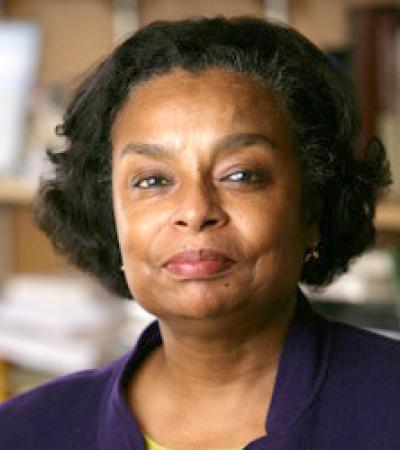
Dianne M. Pinderhughes
Kellogg Institute Faculty Fellow Dianne M. Pinderhughes is Notre Dame Presidential Faculty Fellow, and the Rev. Edmund P. Joyce, CSC, Professor of Africana Studies and Political Science...